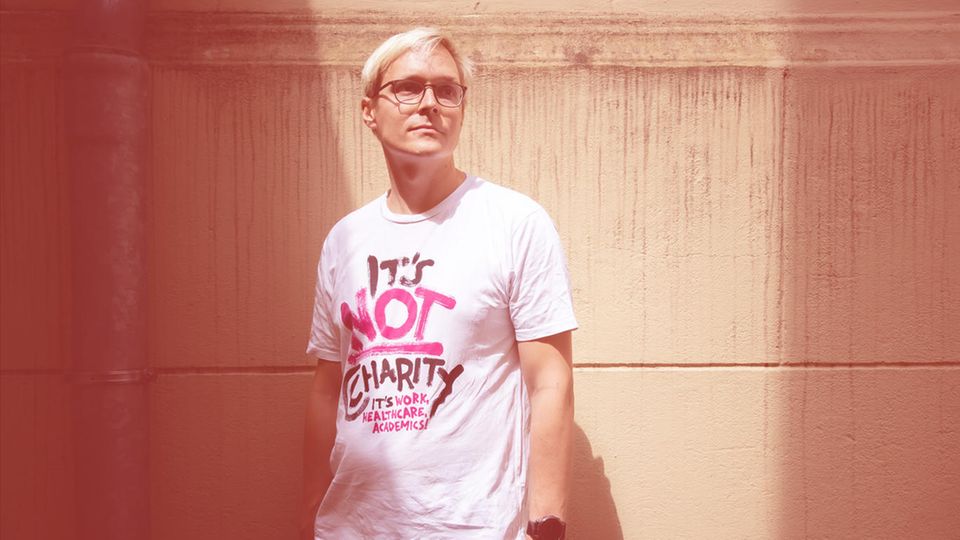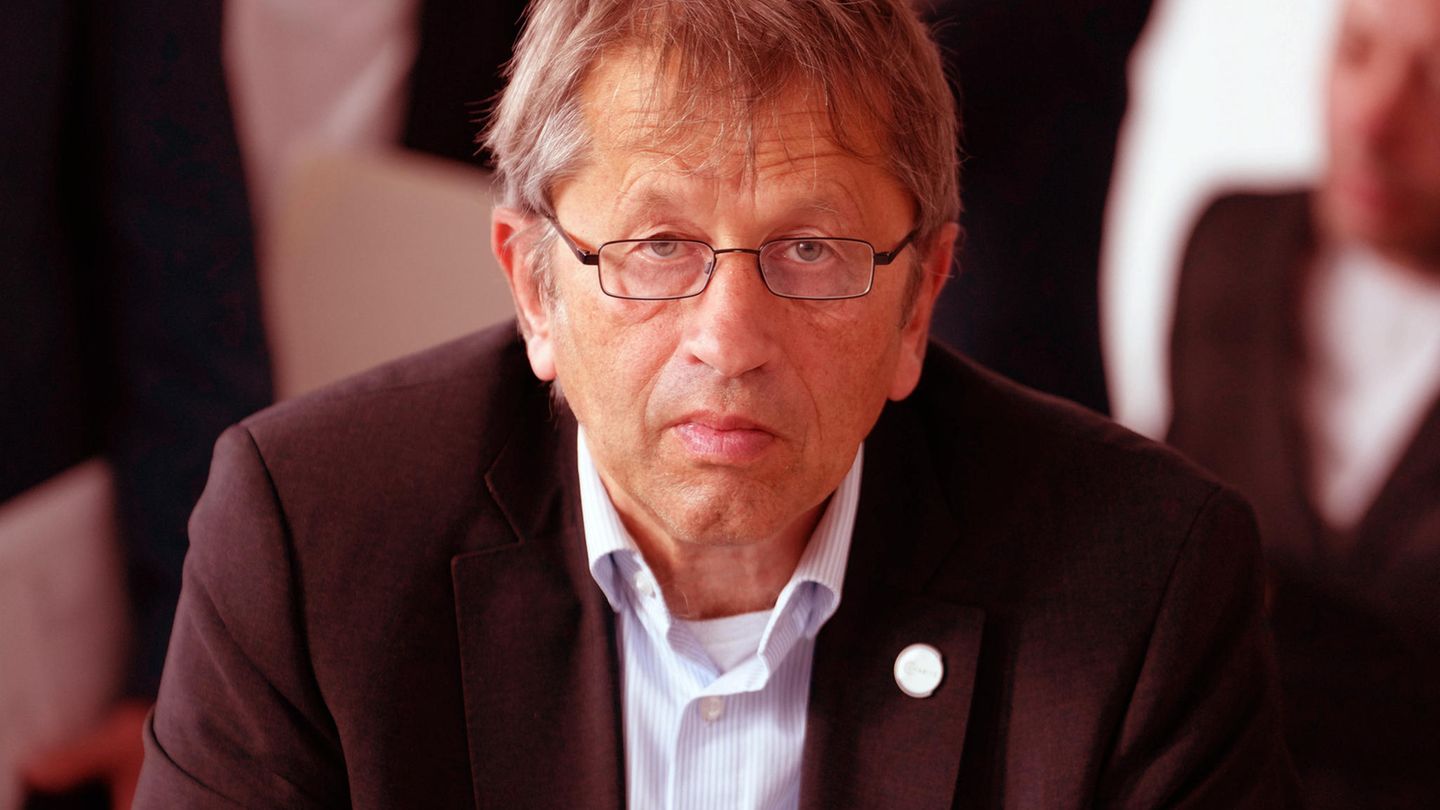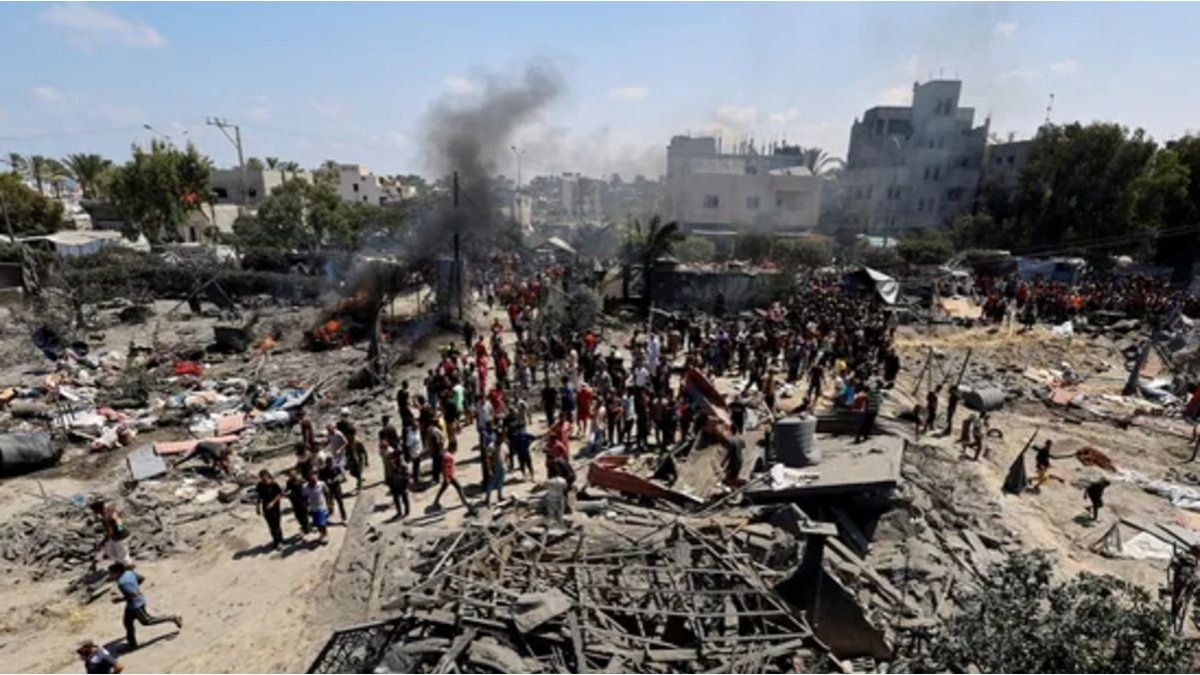After star and RTL had uncovered abuses at the Charité, its head now had to answer questions from Berlin politicians. He hardly sees a problem – the doctor’s representative does.
It all starts with one word: criticism. Criticism, says Heyo Kroemer, is “important and welcome”. It is still early in the morning in the capital. And criticism, even from within his own ranks, is the reason why the CEO of Germany’s most famous hospital, the Charité, is to answer questions in the Berlin House of Representatives that day. The Committee for Science wants to hear from him.
Ernst-Heilmann-Saal, agenda item 3: the Charité. The Left, SPD and CDU had requested it.
The reason was research by star and RTL. A research team with three undercover reporters had filmed scenes at several stations with a hidden camera.
The images and the research have sparked a debate in Berlin and beyond. A feverish patient, barely responsive, waited for hours, bleeding, for a specialist. A nurse accidentally gave a baby an overdose of medication. A doctor openly said what many of her colleagues seem to be thinking: “I’m close to collapsing.”
In addition to dramatic case studies, the research revealed structural deficiencies: overworked doctors, insufficient training for students. Two surveys, involving a total of more than 300 doctors and students, confirmed that these were not isolated cases.
“Affected”
The star and RTL had confronted the Charité with the results of their research in detail before publication. However, the clinic rejected all allegations. The slightest hint of insight was apparent after the RTL documentary was broadcast: the recordings had “affected” and “called into question compliance with our high quality standards in individual cases”. They promised that “exceptional cases” would be examined if necessary.
But that was not enough to silence the public debate.
Finally, Berlin’s Health Senator Ina Czyborra (SPD) intervened and promised clarification.
The Charité board is “very intensively working to clarify these allegations.” She assured patients that they would receive the best possible care and the highest level of care in Germany’s best clinic. Czyborra is also chairwoman of the Charité supervisory board.
Some of the Charité’s problems were “known”
In the committee, Charité boss Kroemer now says: The reporting of star and RTL about the patients in his hospital was “misleading, exaggerated or false”.
Not all MPs seemed to be convinced by this. Not even the highest representative of the Berlin medical profession.
Members of the CDU, SPD, Greens and AfD expressed understanding for the clinic.
Tobias Schulze of the Left Party, however, said that anyone who has listened in recent years would not be surprised by the research.
The problems in the health care system are “known”, admitted Bettina König (SPD), a party colleague of the health senator.
And Peter Bobbert, the president of the Marburger Bund in Berlin/Brandenburg, said to the Charité: “Yes, we have a problem.”
Undercover in Germany’s most famous clinic: Reporters uncover serious abuses
86:14 min
For example, there is a shortage of staff. In some areas, the shortage is so great that doctors can no longer convert their overtime into time off. This makes the situation even worse. And Heyo Kroemer’s answers to the question of how he specifically wanted to take legal action against the reporting remained vague.
Does a hospital have to make a profit? Schulze asks.
And that is something of a common denominator in the House of Representatives on this day. The problem, most people agree, is probably bigger than the Charité.
Money for students in their practical year?
The discussion about remuneration for medical students in the final phase of their training, the “practical year”, revealed how difficult it will be to change structures.
The Charité is the only university hospital in Germany that does not pay any compensation for this. star and RTL reports.

© stern/RTL
“It’s dangerous for me. It’s dangerous for my patients”
01:38mins
The committee agreed that it would be nice if the “PJ students” were also paid at the Charité. Overworked aspiring doctors should not have to work part-time to be able to pay their rent.
When it comes to money, the “Pass the buck” game begins
The hospital board recalled how the state subsidy had been reduced by around a third around twenty years ago. The missing money was “never replenished”.
Such a motion had long been submitted, said Adrian Grasse of the CDU, and scolded the Left and the Greens, who had rejected the motion.
The SPD senator, on the other hand, calculated that remuneration for the “PJ students” at the Charité would cost the state budget around seven million euros a year. This would “increase the deficit” – and referred to the federal government. After all, the Bafög office is actually responsible for financing the students.
Alexandra Archodoulakis, who was a long-time representative of medical students and is now a qualified Charité doctor, explained that many medical students are not entitled to Bafög anyway.
“Unsatisfactory, but that is the reality”
There is a lack of money. The only question the committee cannot find today is where the money will come from so that patients can be treated more safely and doctors can be relieved.
As the discussion draws to a close in the late morning, doctor Alexandra Archodoulakis expresses her “displeasure” that an RTL report was needed to deal with the issue. And: It is “good that we are now sitting at the same table”.
And Berlin’s health senator says the situation is “unsatisfactory, but that is the reality.” This sentence is something like the motto of the day.
Source: Stern
I have been working in the news industry for over 6 years, first as a reporter and now as an editor. I have covered politics extensively, and my work has appeared in major newspapers and online news outlets around the world. In addition to my writing, I also contribute regularly to 24 Hours World.




